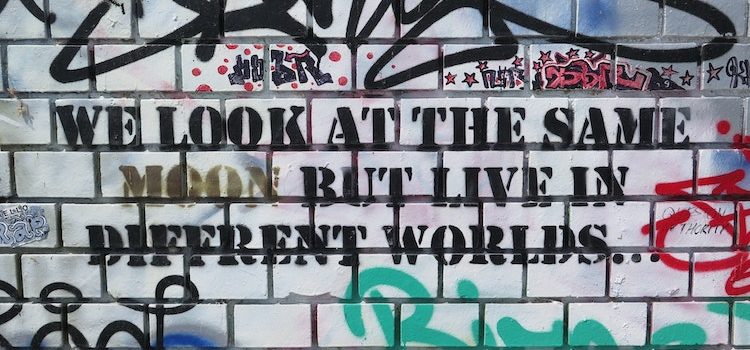What are the benefits of religion in society? How does religion help make us better as individuals and communities? Social psychologist Jonathan Haidt argues that we must understand religion primarily as a social driver that brings people into a community around a belief. Ultimately, this helps us find our moral foundation. Read more to understand the benefits of religion, according to Jonathan Haidt.
The Benefit of Religion: 3 Ways It Makes Us Better










